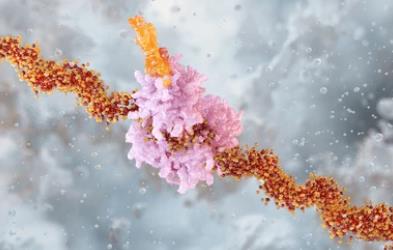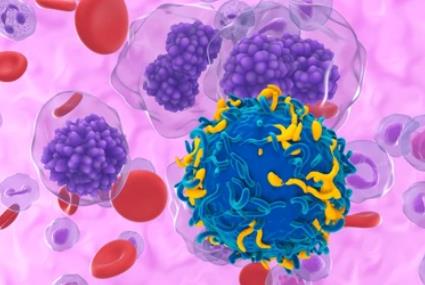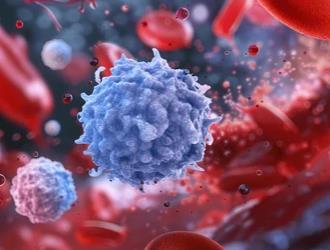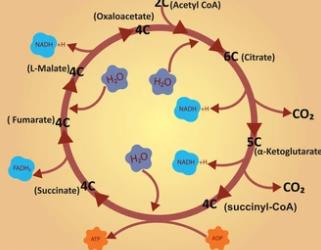
Fri, 2024/12/20
A New Class of Antiviral Drugs May Help Prevent Future COVID-19 Epidemics

Fri, 2024/12/20
From Random Search to Precise Activation: A New Mechanism for Translation Initiation

Fri, 2024/12/20
Protein MED12 Plays a Crucial Role in Coordinating T-cell Rest and Activation

Fri, 2024/12/20
Clearing Aging Cells Expressing P21 to Promote Skin Wound Healing

Fri, 2024/11/15
Can Blocking Lactate Restart Anti-Cancer T Cells?

Fri, 2024/11/15

Fri, 2024/11/15
Why Has The Pain Treatment Of Endometriosis Been Stagnant? Can New Research Bring Breakthroughs?

Fri, 2024/11/15
New Mechanism of ACLY Regulating Thermogenesis and Metabolic Stress in Brown Adipose Tissue
